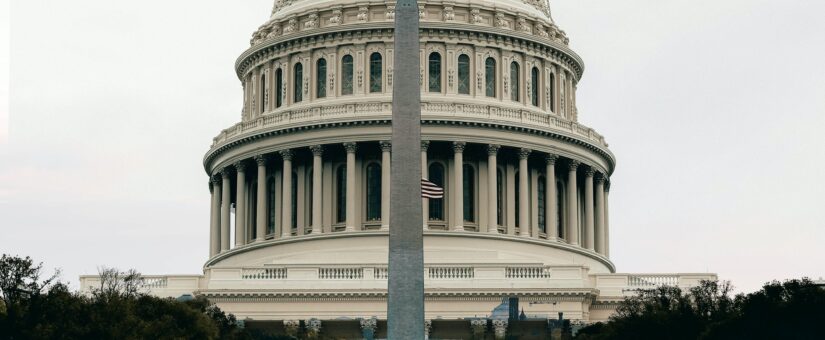
Consumer Privacy Legislation Updates
The CCPA has ushered in a new era of data privacy protections in the U.S. Since the passage of the CCPA [What Is The California Consumer Privacy Act (CCPA)?], two other states – Virginia and Colorado – have enacted similar comprehensive consumer privacy protection statutes. This follows on the heels of similar data privacy protection efforts in other states. We noted in our previous blog on CCPA expansion that “several other states, including New York, Maryland, Massachusetts, Hawaii, and North Dakota, have enacted privacy laws with varying requirements.” [PRIVACY LAW COMPLIANCE: CORPORATE SUPPORT FOR CCPA EXPANSION GLOBALLY]
The Virginia statute – called the Consumer Data Protection Act (“CDPA”) – was passed in March 2021 and will take effect on January 1, 2023. In most respects, the Virginia statute is similar to the CCPA, but expands the coverage of the act so that more businesses will be required to comply with the statute. The Virginia CDPA also mandates that businesses provide an internal “appeal process” whereby consumers can dispute a decision made with respect to data privacy rights.
The Colorado statute – called the Consumer Privacy Act (“CPA”) – was passed in July 2021 and will take effect on July 1, 2023. Again, in most respects, the Colorado statute is similar to the CCPA, but coverage is more expansive. The CCPA uses various thresholds – such as annual revenue – to determine which businesses must comply. There are no similar thresholds in the Colorado statutes. Thus, most Colorado businesses will be required to comply with the statute. Further, Colorado treats violations as a form of deceptive business practice, which could subject violators to fines as large as $20,000 per violation. Like the Virginia statute, there is no private right of action in the CPA.
Since the passage of the CCPA in 2018, there has been a rapid increase in the number of states that have introduced consumer privacy legislation. (See chart here.) In 2018, only two state-level bills were introduced. In 2019, that number jumped to 13 and then, in 2020, increased to 16. In 2021, five more states introduced comprehensive data privacy legislation. As noted, only three states have actually enacted such legislation, but that is very likely to change in the coming years. From this map, it can be seen that Washington, Vermont, Oklahoma, and Florida are furthest along in the legislative process.
For more information, contact Baer Reed. We provide a variety of legal support solutions, including support for data privacy compliance and internal investigations, to law firms and in-house legal teams around the globe. To learn more, contact us online or call us today at 888-433-1990.
See our other blogs on the CCPA: What Is The California Consumer Privacy Act (CCPA)?, How Does The New California Privacy Law Affect Other States?, Key Provisions You Should Know From The CCPA, CCPA Compliance: Tighter Restrictions From The CCPA & Proposition 24, Privacy Law Compliance: Corporate Support For CCPA Expansion Globally
- On January 31, 2022
- Back to post list



 Mr. Reyes graduated with honors from the Ateneo de Manila University, where he received the Procter and Gamble Student Excellence Award. He obtained his Juris Doctor degree from the Ateneo de Manila School of Law. During law school, Mr. Reyes was part of the Philippine delegation to the Willem C. Vis International Commercial Arbitration Moot held in Vienna, Austria. He was also a member of the Ateneo Society of International Law and the St. Thomas More Debate Society. He completed his internship at the Public Attorney’s Office. He wrote a thesis entitled: “To Kill A White Elephant: An Analysis of the Fiduciary Exception to the Corporate Attorney-Client Privilege”. Mr. Reyes is admitted to practice law in the Philippines and the State of New York.
Mr. Reyes graduated with honors from the Ateneo de Manila University, where he received the Procter and Gamble Student Excellence Award. He obtained his Juris Doctor degree from the Ateneo de Manila School of Law. During law school, Mr. Reyes was part of the Philippine delegation to the Willem C. Vis International Commercial Arbitration Moot held in Vienna, Austria. He was also a member of the Ateneo Society of International Law and the St. Thomas More Debate Society. He completed his internship at the Public Attorney’s Office. He wrote a thesis entitled: “To Kill A White Elephant: An Analysis of the Fiduciary Exception to the Corporate Attorney-Client Privilege”. Mr. Reyes is admitted to practice law in the Philippines and the State of New York.







